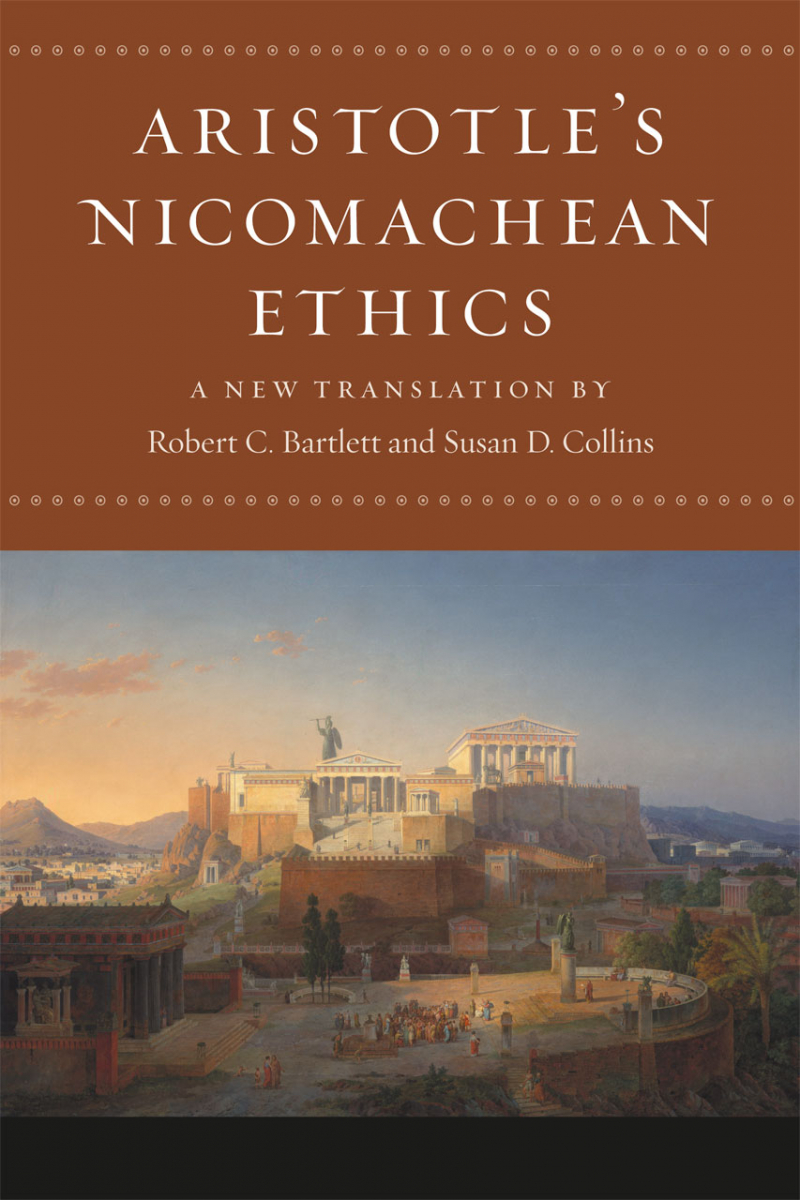Contribution to Ethics
It would be unfair to try to do Aristotelian ethics credit by trying to condense all of its complex intricacies into a few phrases. Having said that, Aristotle's interpretations of The Nicomachean Ethics stand out as a key feature. It is a compilation of 10 volumes based on notes from Aristotle's numerous Lyceum lectures and is considered to be his best-known work on ethics. Aristotle's ideas on many moral qualities and their specifics are laid out in The Nicomachean Ethics.
The many social and behavioral attributes of a perfect man are outlined by Aristotelian ethics. A person's courage, for instance, can be measured by how confident they are in the face of fear and defeat. Their temperance, on the other hand, can be measured by their capacity to resist the allure of physical pleasures. Their generosity and magnificence can be measured by the amount of wealth they are willing to donate to the welfare of others. And any ambition cannot be truly magnanimous until it strikes the perfect balance between the honor it promises and the dues it must pay. These and other crucial passages lay the foundation for Aristotle's ethical undertakings. In terms of ethics, Aristotle held that "we are the only narrators of our souls and their active moods, independent of the varied influences of our parents, society, and nature."














